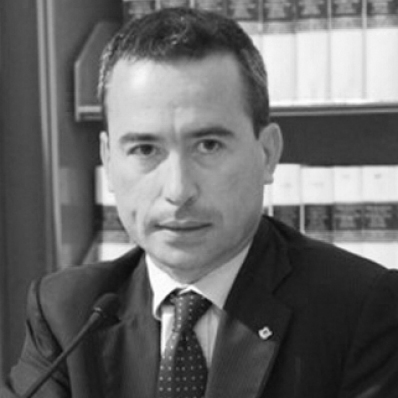The most virtuous experiences are not exclusive to the small municipalities of the North: just think of the 145 municipalities of Campania (about 10% of the national total) or about the 104 municipalities of Marche (a region which is approaching the North-East performance) or the separate collections slightly lower than 65% – very significant nonetheless – in Salerno, Andria or Cosenza, or the advanced separate waste collection adopted in Treviso (with a quantity-based tariff system in place since July 2014), Parma or in the big cities such as Milan (by now an international example).
But good management is not the whole story. Italy can now rely on technological and plant innovations to go beyond landfilling. Nowadays good-quality compost is obtained thanks to anaerobic digesters and the production of renewable energy through biogas combustion. In The Marche region, the first regeneration plant for end-of-life household appliances is already operational. Such items are then resold, complete with their guarantee, in the first outlet of this kind within the Second Life project. Thanks to research, it is possible to recycle products that up until some time ago were not recyclable. For instance, thanks to the Treviso plant, disposable nappies will finally be recycled or processed as mixed plastics in the Revet di Pontedera (Pisa) or the Montello (Bergamo) plants, becoming granules to be recycled. Research programmes are being set up, sponsored by CONAI (Italian National Packaging Consortium), in order to resolve the problem of the non-recyclable nature of some packages.
Italy has become an excellent workshop of good practices, with a good blend of service management, plant innovation and research, but it is high time we completed this revolution. How? By reproducing the well-established or pioneering practices, creating many plants for reuse or recycling and managing to the best of our abilities the excessive special waste ending up in the eco-mafia network, by stepping up the level of environmental checks, regrettably still too spotty at national level. In order to achieve this, an across-the-board movement is necessary, able to bring together all the best energies present in Italy so that the governing bodies in Rome or in the various Regions can pass rules and regulations to make prevention and recycling policies more palatable. The integrated waste management must become hierarchical with regard to costs as well: a new system of incentives and disincentives is needed so that prevention and recycling become better options, economically speaking too, compared to incineration and landfilling. Time has come to present a united front. The clock is ticking. This is the only way Italy will be able to enter the European Recycling Society, as illustrated in the directive on waste passed in 2008.

The dossier Comuni Ricicloni 2015 (“Recycling municipalities 2015”) is available online: www.ricicloni.it/dossier
Progetto Second Life (Second Life Project) www.secondlifeitalia.it/progetto-second-life



